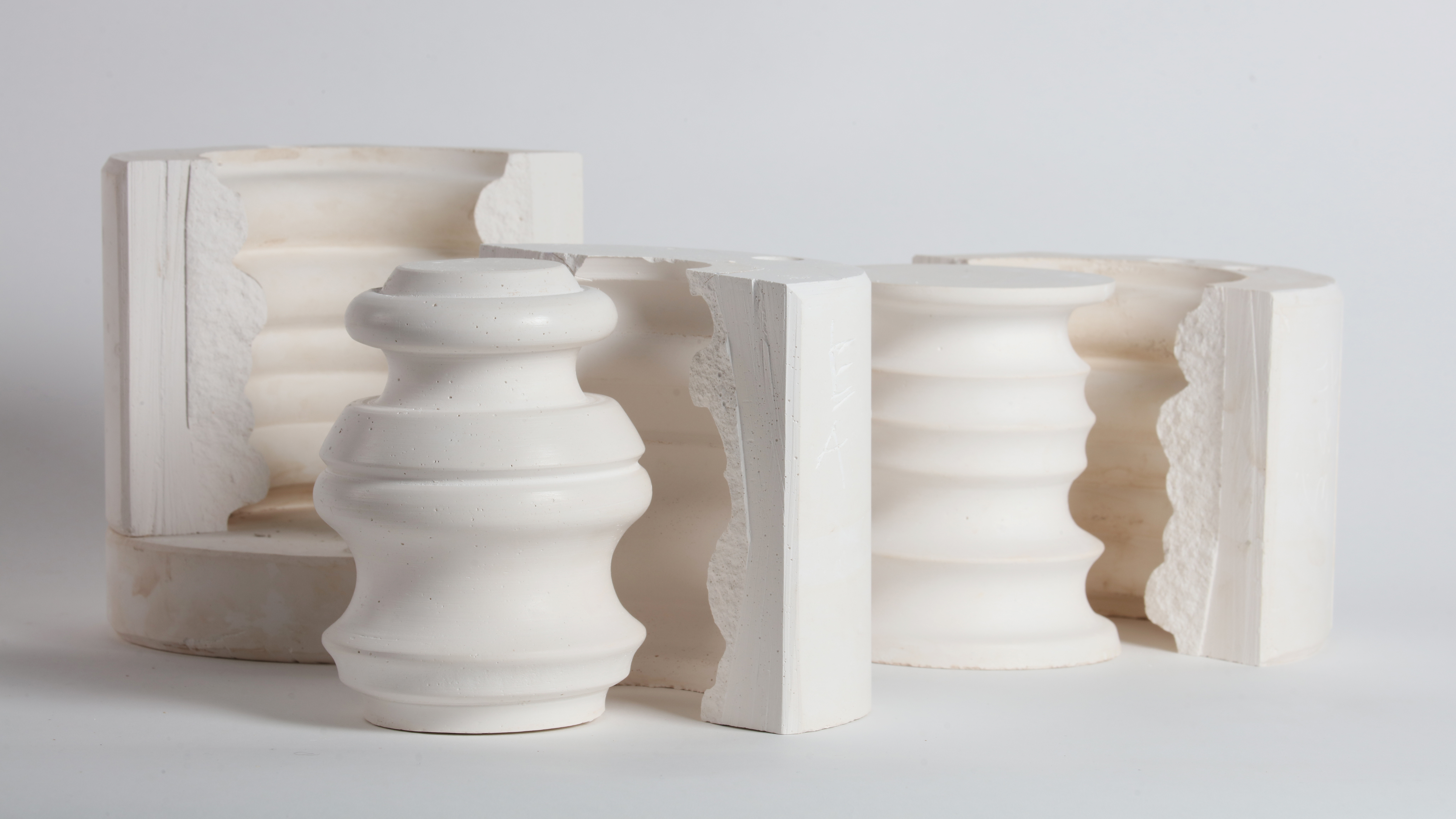Course units
Year 1
Unit 1: Introduction to Product and Furniture Design
This unit is an introduction to your course, the College and the University. You'll begin to look at contemporary and historical product and furniture design contexts.
Unit 2: Product and furniture design - methods and processes
This unit aims to establish a practice-based approach to the designing and making of objects. You’ll have an introduction to the tools and techniques of making processes and material practices. You’ll develop your drawing and model-making skills.
Unit 3: The social object
An introduction to the relationship between users, objects and environments. You’ll consider how users interact with objects and artefacts. Through observation you’ll explore and evaluate their existence, meanings and purpose of objects in use. You’ll reflect upon these considerations through an illustrated report.
Unit 4: Form, function and ornament
You’ll investigate the relationship between your identity as a design practitioner and objects. You’ll design and make a series of objects. Your work will include 2D/3D visualisations, technical notes, sample materials tests, models, prototypes and finished objects. You’ll be introduced to ways of considering approaches to practice. This will be supported by Design Dialogues: an evaluation of a discussion between staff and students into the roles and responsibilities of designers.
Year 2
Unit 5: Collaborative and collective practices
You’ll be introduced to different ways in which collaborative working can help you to focus and enhance your own creative strengths. You’ll have the chance to work with fellow students and creative communities.
Unit 6: The means of production
This unit will look at methods of production and scalability appropriate to a range of design practice approaches. You’ll study emerging approaches to design manufacture that take account of the effects of the Anthropocene.
Unit 7: Design proposals
You’ll explore the way in which a design proposal can be conceived and developed for a specific context. You’ll examine issues of scale, function, narrative and location. You’ll consider how design can support a sensitivity towards a particular environment’s human and non-human actors.
Unit 8: Ecologies of action
In this unit you’ll deliver a resolved design concept for a specific context.
Year 3
Unit 9: Professional futures
This unit aims to address the 3Es: employability, enterprise and entrepreneurship. You'll reflect on your learning and skills across the entirety of your study. You’ll have an opportunity to showcase your outcomes and intentions. You'll consider your next steps as you enter industry or continue with your education.
Unit 10: Critical practice 1 - definition
This unit will allow you to define your approach to practice, through experimentation, iteration and design development. You will refine and contextualise your individual approach to practice.
Unit 11: Critical practice 2 - resolution
You'll produce a substantial body of work presented to a professional standard. This will form part of your final degree show. You’ll also reflect upon this practice through a written report that consolidates your approach.
Optional Diploma between Years 2 and 3
Between Years 2 and 3 of the course you’ll also have the option to undertake 1 of the following additional UAL qualifications:
Diploma in Professional Studies (DPS)
This optional diploma can be taken between years 2 and 3. With support from your tutors, you’ll undertake an industry placement for a minimum of 100 days/20 weeks. As well as developing industry skills, you’ll gain an additional qualification upon successful completion.
Diploma in Creative Computing
Between years 2 and 3, you can undertake the year-long Diploma in Creative Computing. This will develop your skills in creative computing alongside your degree. After successfully completing the diploma and your undergraduate course, you’ll graduate with an enhanced degree: BA (Hons) Product and Furniture Design (with Creative Computing).
Diploma in Apple Development
This optional diploma can be taken between years 2 and 3. You’ll have the opportunity to become an accredited Apple developer, undertaking a learning programme designed by Apple for UAL. After successfully completing the diploma and your undergraduate degree, you’ll graduate with an enhanced degree: BA (Hons) Product and Furniture Design (with Apple Development).







